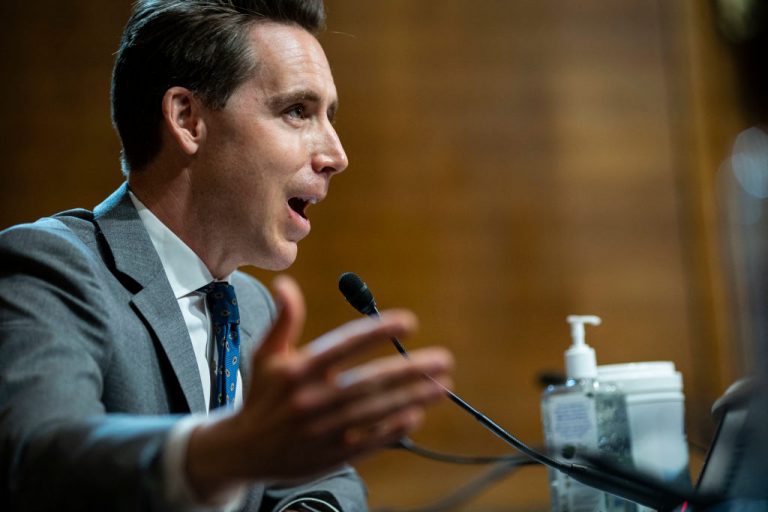The Facebook Oversight Board has upheld the decision to ban former President Donald Trump after the Jan. 6 Capitol riots. However, Trump may soon have his account back after the Board ruled it was inappropriate for the company to suspend Trump’s account permanently under its policies. They gave Facebook six months to review the case and determine a more appropriate penalty.
Some perceive the decision to be a victory for Big Tech censorship and leftists who have continually characterized Trump’s insistence the 2020 Election was subject to widespread fraud as a threat to democracy.
However, the Board also noted that there were some problems in how Facebook handled the case.
“It was not appropriate for Facebook to impose the indeterminate and standardless penalty of indefinite suspension,” said the Decision. “Facebook’s normal penalties include removing the violating content, imposing a time-bound period of suspension, or permanently disabling the page and account.”
The Oversight Board is a theoretically independent body established in 2018 that was promoted to work as a sort of judiciary body overseeing Facebook’s implementation of policy. The Board issued its first rulings in January when it ruled against Facebook on four of five early cases.
Success
You are now signed up for our newsletter
Success
Check your email to complete sign up
In a May 5 statement posted on his personal website, Trump expressed anger at social media companies for suppressing his freedom of speech. In classical Donald Trump rhetoric, he called Big Tech “Radical Left Lunatics” who “are afraid of the truth,” adding they “must pay a political price, and must never again be allowed to destroy and decimate our Electoral Process.”
A bigger issue than just Trump
Trump’s ban is a part of a larger issue concerning Big Tech’s near-total control of the flow of information in a techno-centric society. In April, Facebook deleted a group with 120,000 followers that was themed around the adverse effects of COVID-19 injections.
The group, which was gaining more than 10,000 new followers per week, was purged as part of a widespread campaign to whitewash anything that could be construed as contributing to vaccine hesitancy from mainstream platforms.
Many on the left have argued against reinstating Trump’s social media powers. In a recent interview with NBC, Sen. Amy Klobuchar (D-MN) stated that “someone like him” should not be allowed to “make people believe lies.” She opined that continued suppression of Trump is the “right thing to do.”
Sen. Elizabeth Warren (D-MA) was sated by the Oversight Board’s decision. Warren told Washington Post Live she was “much happier with Donald Trump off the air.” However, even Warren admitted that the issue goes on to highlight that the big tech firms are “way, way, way too powerful,” and that she wants the companies to be broken up in comments given to Yahoo.
Sen. Josh Hawley (R-MO) sees the decision as sufficient proof to invoke antitrust laws. In an interview with Fox, Hawley called Facebook a monopoly and said unless its monopoly powers are dealt with, Facebook’s use of self-policing measures or independent boards are all distractions.
Hawley also accused many of his Democrat colleagues of pushing Big Tech to suppress First Amendment rights, turning the cartel into a defacto arm of the government.
“People rely on them because they’re monopolies. This is what happens when you have just a few companies control all digital speech in America as a Facebook, Twitter, Google through its social media platforms, really does and do,” he said.
“I think that what we’ve got to do is take steps to introduce competition, to give consumers power back so that we have more speech.”
















